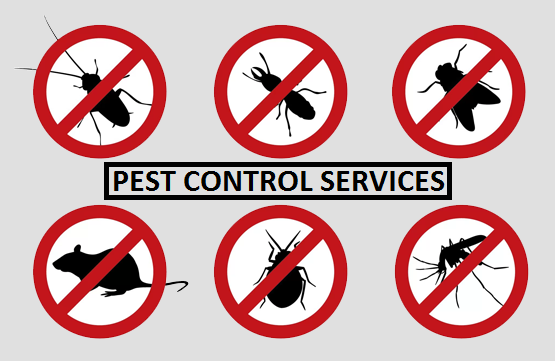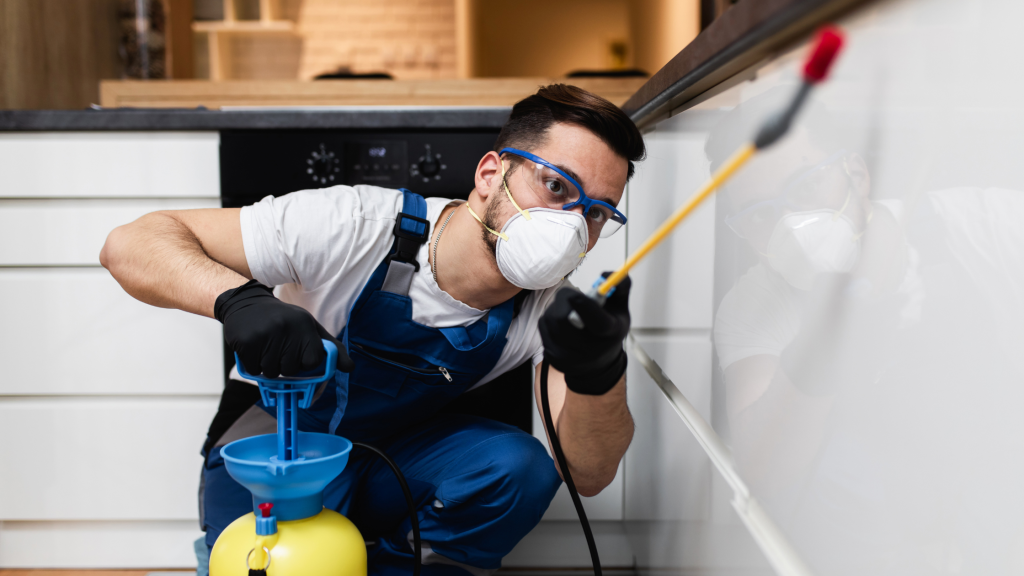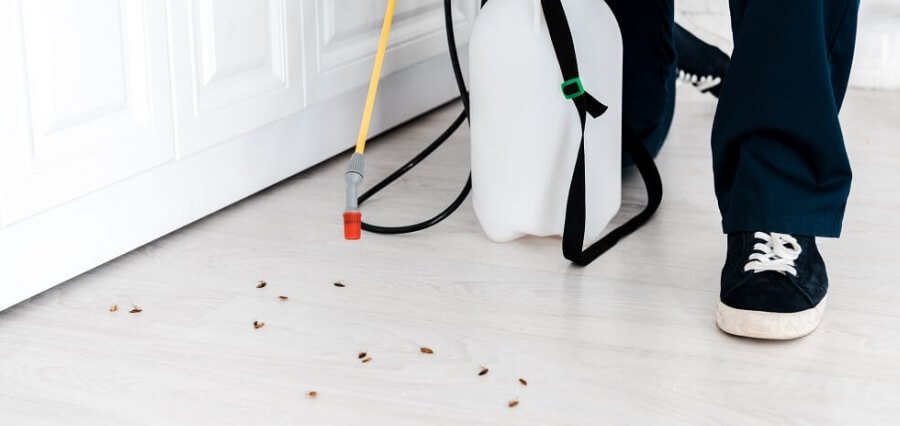Pest Control Clovis Solutions: Expert Services at Your Doorstep
Pest Control Clovis Solutions: Expert Services at Your Doorstep
Blog Article
Comprehending the Various Strategies to Bug Control: A Comprehensive Guide

All-natural Parasite Control Methods
Employing green techniques such as companion planting and biological pest control is essential for effectively taking care of pests in agricultural settings. Friend planting entails growing various crops in proximity to deter insects, boost nutrient uptake, and improve total plant health.
Biological insect control entails introducing all-natural killers or virus to regulate pest populaces. Ladybugs, as an example, eat aphids, controlling their numbers without the demand for chemical pesticides. One more instance is making use of Bacillus thuringiensis (Bt), a microorganism that targets certain insect bugs while being safe to humans, pets, and advantageous bugs.
These eco-friendly techniques not just minimize the dependence on artificial chemicals yet likewise aid maintain biodiversity and soil health and wellness. By including natural insect control approaches right into agricultural methods, farmers can achieve lasting pest administration while decreasing unfavorable influences on the atmosphere.

Chemical Insect Control Solutions
In enhancement to all-natural bug control methods, the use of chemical parasite control remedies plays a considerable function in efficiently taking care of pest populations in farming environments. Chemical insect control options are formulated to target certain pests that may trigger substantial damage to crops. These options frequently include synthetic chemicals that are made to eradicate bugs promptly and effectively.
Among the crucial advantages of chemical insect control options is their efficiency in regulating parasite problems on a big scale. Farmers can use these services utilizing different approaches such as splashing, fumigation, or seed treatment to protect their plants from damaging pests, weeds, and illness. In addition, chemical insect control remedies are reasonably simple to apply and can provide quick outcomes, assisting farmers secure their yields and reduce financial losses.
Nonetheless, it is important to utilize chemical bug control remedies carefully to minimize possible unfavorable influence on the environment, non-target organisms, and human health. Correct application methods, adherence to safety guidelines, and routine tracking are important to guarantee the responsible use chemical insect control options in farming methods.
Biological Parasite Control Approaches
Biological bug control comes close to take advantage of natural predators or microorganisms to manage parasite populaces in farming setups successfully. This approach provides a environmentally friendly and lasting solution to pest monitoring, reducing the reliance on artificial chemicals and decreasing damage to the atmosphere. One common organic control technique is the introduction of natural opponents, such as ladybugs or parasitic wasps, to target details bugs. These predators feed upon the parasites, assisting to control their populaces normally - pest control clovis.
An additional organic control approach involves using pathogens like viruses, microorganisms, or fungi to contaminate and kill bugs. Generally, biological bug control approaches offer a lasting and targeted service to pest management in farming.
Integrated Bug Management (IPM)
Integrated Parasite Administration (IPM) is a comprehensive approach that integrates various bug control techniques to successfully take care of and lessen pest populations in agricultural systems. IPM focuses on long-term avoidance other of bugs with a combination of organic, social, physical, and chemical control approaches. By incorporating these different methods, IPM aims to lower dependence on chemical pesticides, decrease environmental effect, and promote sustainable insect monitoring techniques.
One key aspect of IPM is the usage of organic controls such as natural predators, bloodsuckers, and pathogens to control pest populations. This technique harnesses the power of nature to keep an equilibrium between pests and their all-natural adversaries without creating injury click here for more info to the atmosphere.
Additionally, IPM involves social techniques like crop hygiene, habitat, and turning manipulation to develop unfavorable conditions for insects and disrupt their life process. Physical controls such as mulches, traps, and barriers are also used to stop pest problems.
Physical and mechanical Insect Control Techniques
Utilizing non-chemical techniques, such as physical and mechanical insect control techniques, is an essential facet of thorough pest monitoring approaches, constructing upon the foundation of Integrated Parasite Monitoring's alternative approach. Mechanical insect control entails making use of physical obstacles or catches to avoid bugs from accessing and harming crops or structures. This technique can include techniques like setting up screens on windows, using row covers in agriculture, or utilizing sticky traps to catch bugs.
Physical parasite control methods, on the various other hand, focus on directly removing insects through physical ways. Using warmth therapies to eradicate bed insects or vacuuming up pests like spiders or ants can be efficient means to take care of problems without the use of chemicals. By integrating these physical and mechanical parasite control methods into an Integrated Insect Management strategy, professionals and individuals can decrease reliance on chemicals while still effectively handling pest populaces and reducing damage.
Final Thought

In addition to all-natural insect control approaches, the application of chemical insect control solutions plays a considerable duty in successfully managing pest populaces in agricultural atmospheres.One of the key benefits of chemical insect control solutions is their performance in managing pest problems on a big scale.Integrated Bug Management (IPM) is a comprehensive strategy that integrates various bug control techniques to efficiently take care of Check Out Your URL and decrease pest populaces in agricultural systems.Utilizing non-chemical approaches, such as physical and mechanical pest control techniques, is an essential aspect of thorough insect monitoring approaches, developing upon the structure of Integrated Pest Administration's holistic method. By including these mechanical and physical bug control techniques into an Integrated Bug Management plan, individuals and experts can minimize dependence on pesticides while still efficiently taking care of pest populaces and minimizing damage.
Report this page